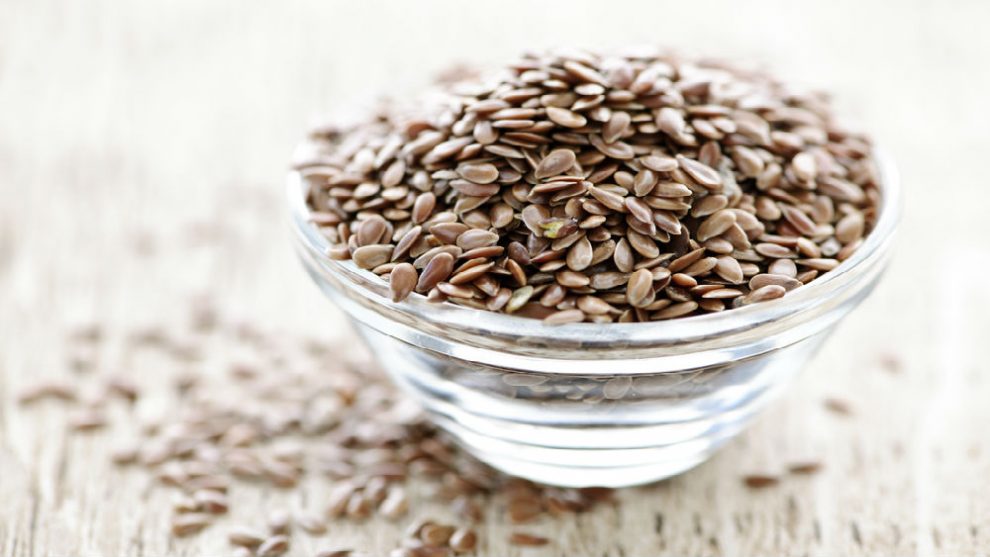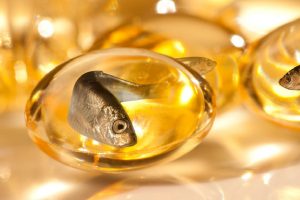Flax seeds and flax derived products are commonly crowding the shelves of wholefoods, organic and health foods stores. The word ‘flax’ itself has become somewhat of a buzz word and is recognized commonly in exercise, health and vegetarian communities. However, the benefits of flax seeds have been known for hundreds of years. In fact, the highly respected Gandhi even deemed flax as a wonder seed, proclaiming that it would bring positive changes in health wherever eaten within the diet. Surprisingly, flax seed actually does live up to its celebrity status within the nutritional and health food world, something that doesn’t happen very often. This article will look at the health benefits of flax seed and enlighten you as to why it is loved so much by dietitians and health professionals alike.
What are the health benefits of flax?
· Flax seed has been considered to be one of the most important beneficiary nutrients to the diet, alongside multivitamin supplements.
· Flax has been shown to benefit almost all of the regulatory systems within the body. This includes the use of oil in promoting good heart health, a strong immune system and a healthy reproductive system. The joints and nervous system also benefits from the increased intake of flax seed oils.
· Flax seeds are high in Omega-3 fatty acids. These oils are key components in the sustenance of healthy and smooth skin. They also aid the cleansing of blood vessels, reducing health problems such as the development of heart disease.
·Flax seeds are a great source of protein and dietary fiber – essential macronutrients that are needed for the growth and repair of the body’s tissue. Fiber is needed for the healthy movements of the bowels and digestive system.
·Flax can act as a non-irritating and gentle form of a natural laxative. The mucilage within flax seeds can truly benefit those who suffer from excess stomach acids or stomach ulcers. They can also be beneficial to those with sensitive skin.
·Flax seed oils can be added to skin care products and may have anti-dryness properties that promote skin to remain hydrated and supple for longer. Many products which do contain flax may be fully derived from natural plan extracts and, therefore, lack ingredients that act as a preservative. If this is the case, you should store the products in a cool and dark environment or refrigerate them if you live in a country that has a warm climate.
· Due to its high protein and Omega-3 content, flax is used in a variety of vegetarian and vegan food dishes and products. Flax eggs can be made or bought, which act as a vegan substitute for conventional hen eggs. Due to its versatility, flax seed and flax oil has the potential to be used in many different mediums – whether as an ingredient within foods or as a component of skin care products. One thing is for certain – flax deserves its reputation as a great nutrient source.





Checking out 20betto. Seems like a decent online betting platform. Will give it a shot and see how it stacks up against the competition. Gotta be in it to win it! More info here: 20betto
Jllodicom, sounds kinda unique. What’s on offer? Gotta check it out. Always looking for something new. Take a look here jllodicom
6566bet1, cheguei pra testar e até agora tô impressionado. Os odds são competitivos e a variedade de jogos é show! Vamos ver se a banca sobe! Confere aqui: 6566bet1